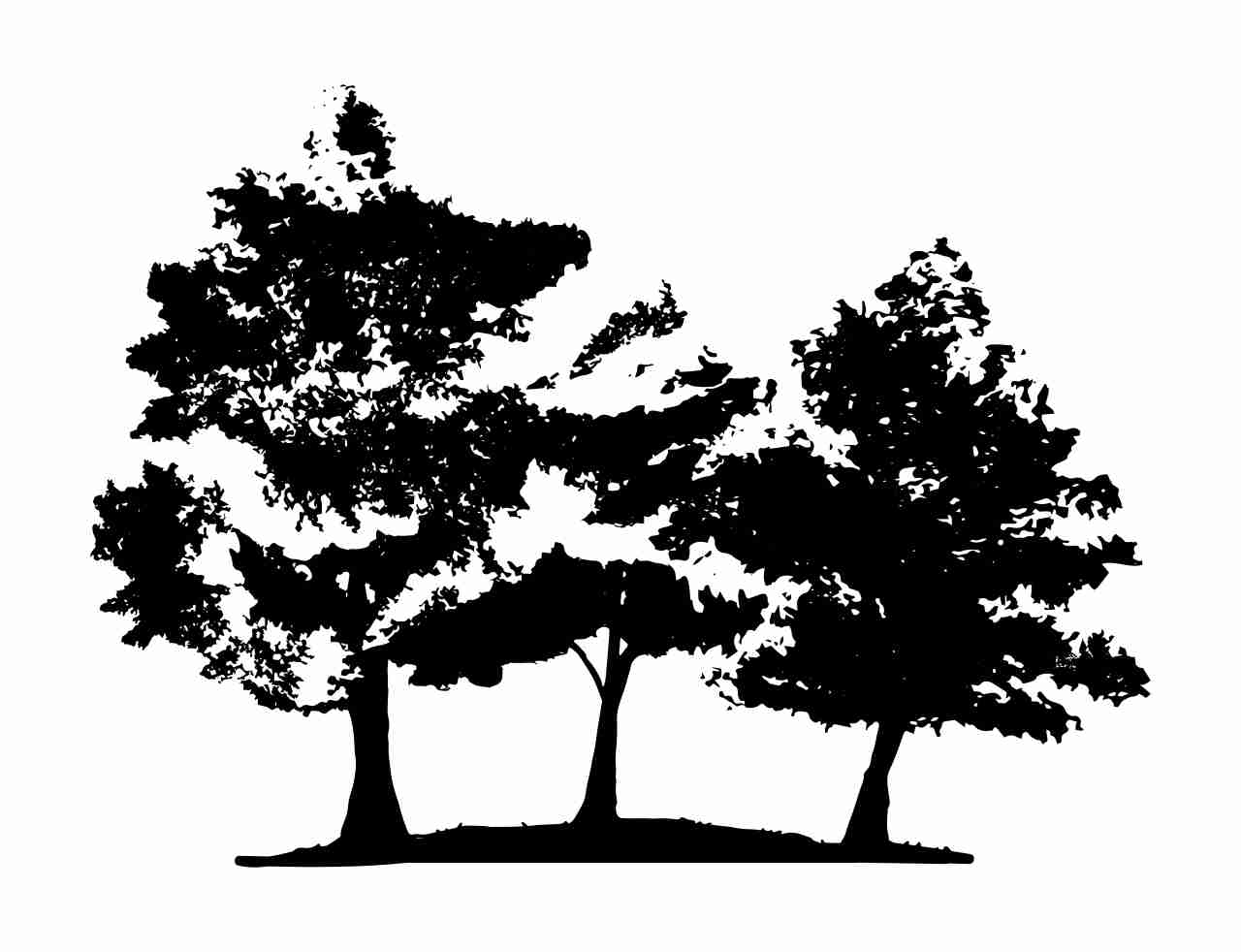Nursery
Arthur’s Point Farm is home to a New York State-licensed nursery specializing in native and naturalized bare-root and potted trees, shrubs, and wildflower perennials with significant edible, medicinal, and ecological value. We also favor species and cultivars with potential to adapt to expected changes in temperature, precipitation, and seasonality in the decades to come.
We grow plants in-ground using organic and biodynamic practices. We propagate from seeds or cuttings, sourced locally when possible to ensure they are best adapted to our eco-region (Planting Zone 5b-6a) and can offer the greatest health and longevity. What we cannot find locally, we source from reputable seed companies with known genetic origin. Our potted plants are grown in fabric root-prune pouches and peat-free potting soil infused with biochar for superior plant health and root structure.
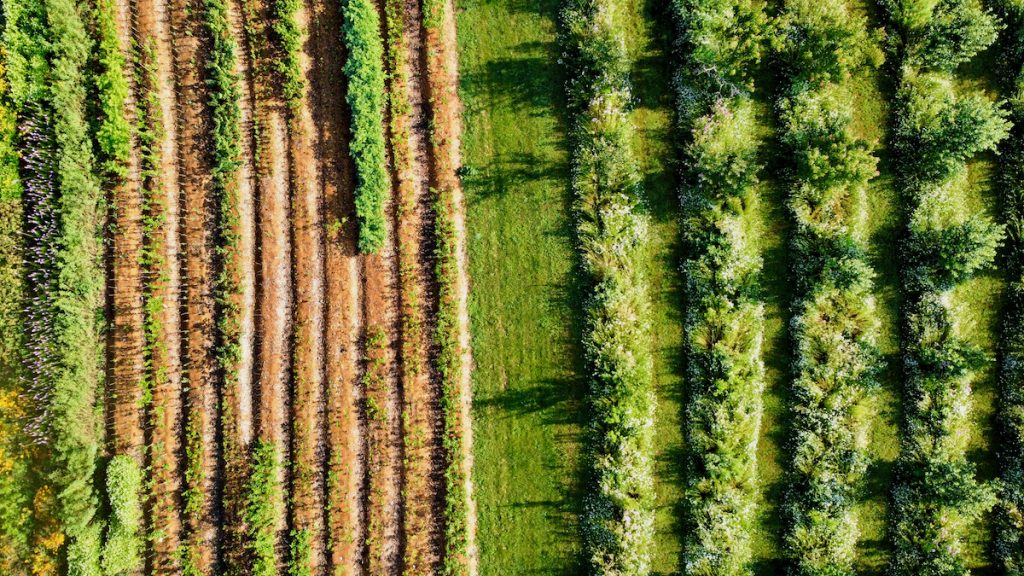
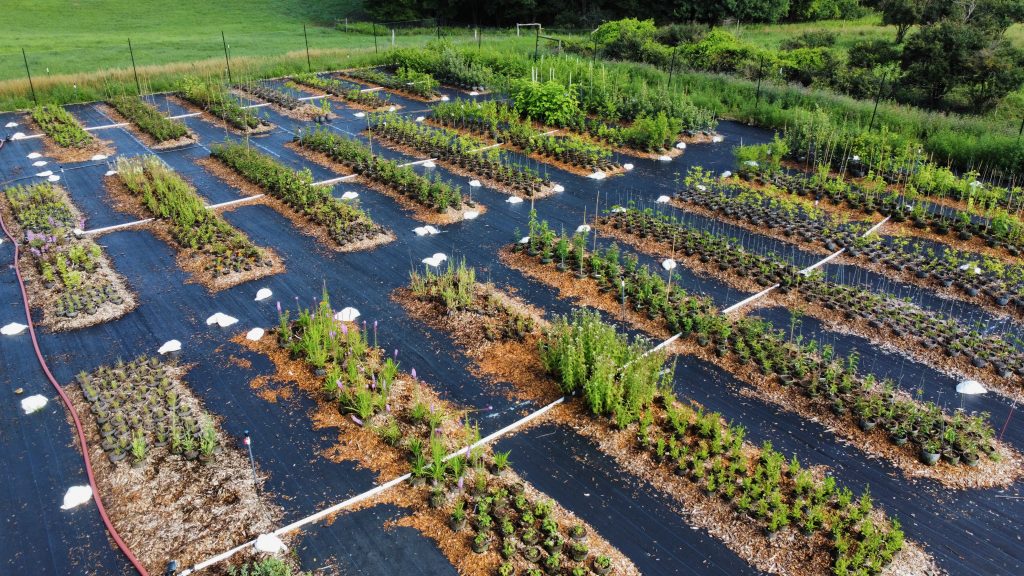

It’s All About the Soil
The health and productivity of our plants starts with the soil. The nursery is located on a former hay field that was practically devoid of organic matter and soil microbes until we started restoring it several years ago. Through a succession of cover crops and repeated applications of compost, biochar, mulch, and mineral amendments, we have turned this area into one of the most fertile spots on the farm. It is not uncommon for some of the faster growing species (e.g., black locust) to grow over six feet in the first year, from a seed the size of a grain of rice. This growth in the early years of the plant’s development lays the groundwork for future development and productivity.
Bare-Roots = Vigorous Plants
Bare-root plants are transplanted during the dormant season without soil or potting medium. For deciduous species, this means when plants have shed their leaves or have yet to produce new ones in the spring. Bare-root plants offer many advantages over container-grown or balled-and-burlapped plants. Mainly, the plant’s root system is not constrained or cut away as they often are when potted or balled. Container grown plants can root-circle, where the fine feeder roots are prevented from developing naturally. This stresses the plant and can inhibit growth for years, if not permanently.
Bare-root trees are also generally less stressed during the growing season than most container-grown stock. A dark plastic pot is susceptible to significant temperature and moisture swings throughout the year (this is why we surround our fabric pots with moist wood chips). Bare-root plants are transplanted during times of optimum soil moisture and ambient temperatures. Cost and ease of planting relative to potted and root-balled trees is another advantage favoring bare-root plants.
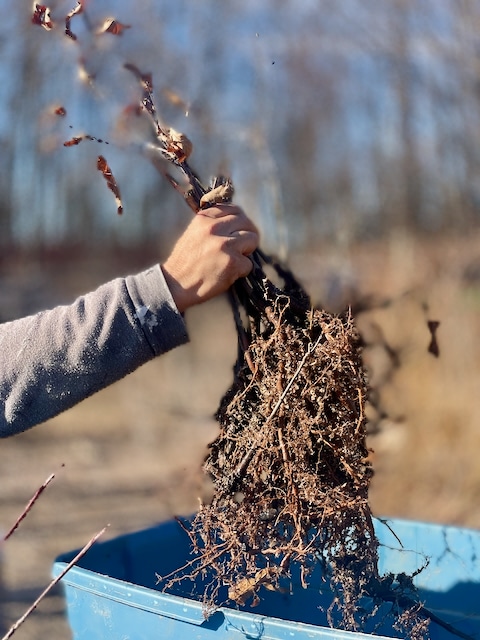

Root-Prune Pots
Plastic pots tend to stress plants due to wide temperature fluctuations and root spiraling that inhibits successful transplanting. Yet, potted plants provide great flexibility for planting compared with bare-roots that can only be planted while dormant in early spring and late fall. Special fabric pots, called root-prune pouches, can grow super high quality plants. This fabric pot uses a mixture of recycled fibers and recycled plastic to form a durable, environmentally-conscious alternative to traditional plastic pots. They prune the roots through “entrapment,” which prevents root spiraling that stunts the growth potential of so many plants in the nursery industry. We embed the pots in a thick layer of wood chips in our nursery to retain moisture and keep the roots cool. Our potting soil is a peat-free mix that includes worm castings, coco coir, pine bark fines, and rice hulls. We amend this OMRI-certified potting mix with our farm-produced biochar compost.
Perennial Wildflowers
Native wildflowers sustain myriad species of bees, butterflies, and other other pollinators essential to fertilizing much of the food we grow. They’re also beautiful and low maintenance once established. We sell wildflowers in one- and two-gallon fabric root-prune pots with peat-free, biochar-infused soil. This ensures plants with healthy root systems that transplant easily. We offer a selection of species that have continuous bloom times and pollinator forage throughout the growing season.

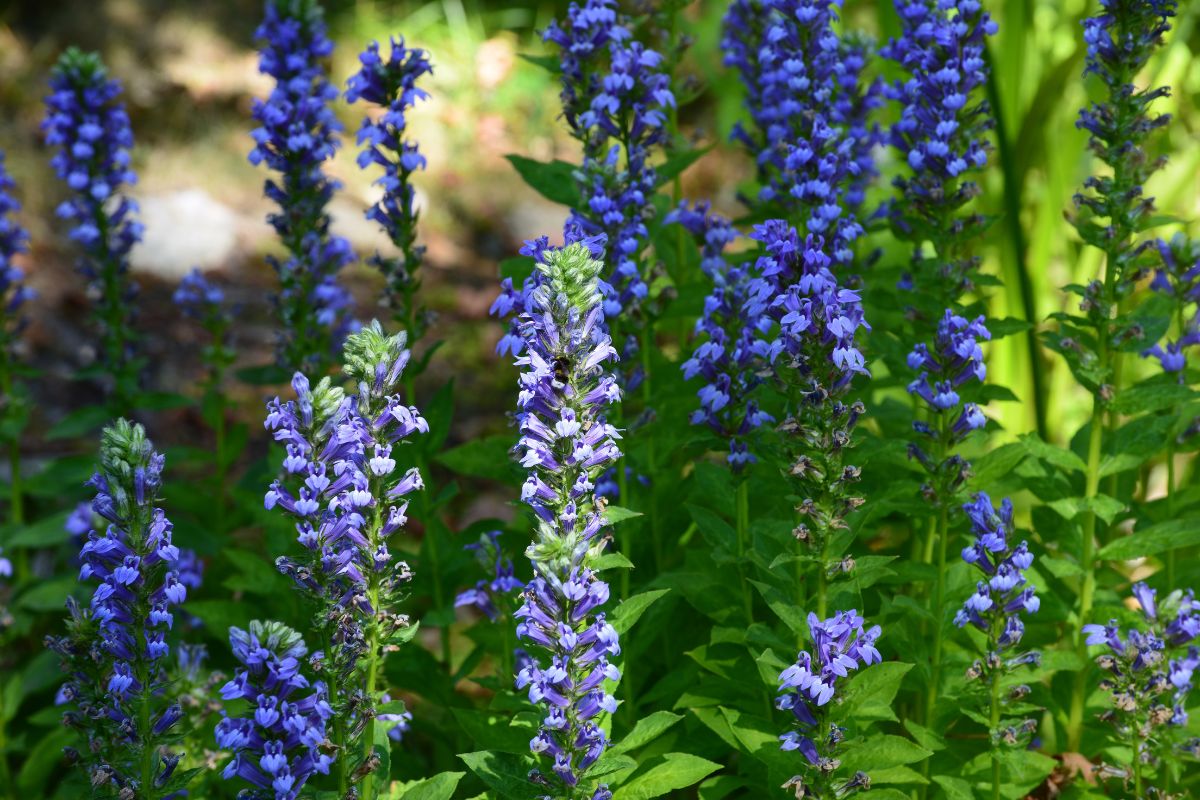
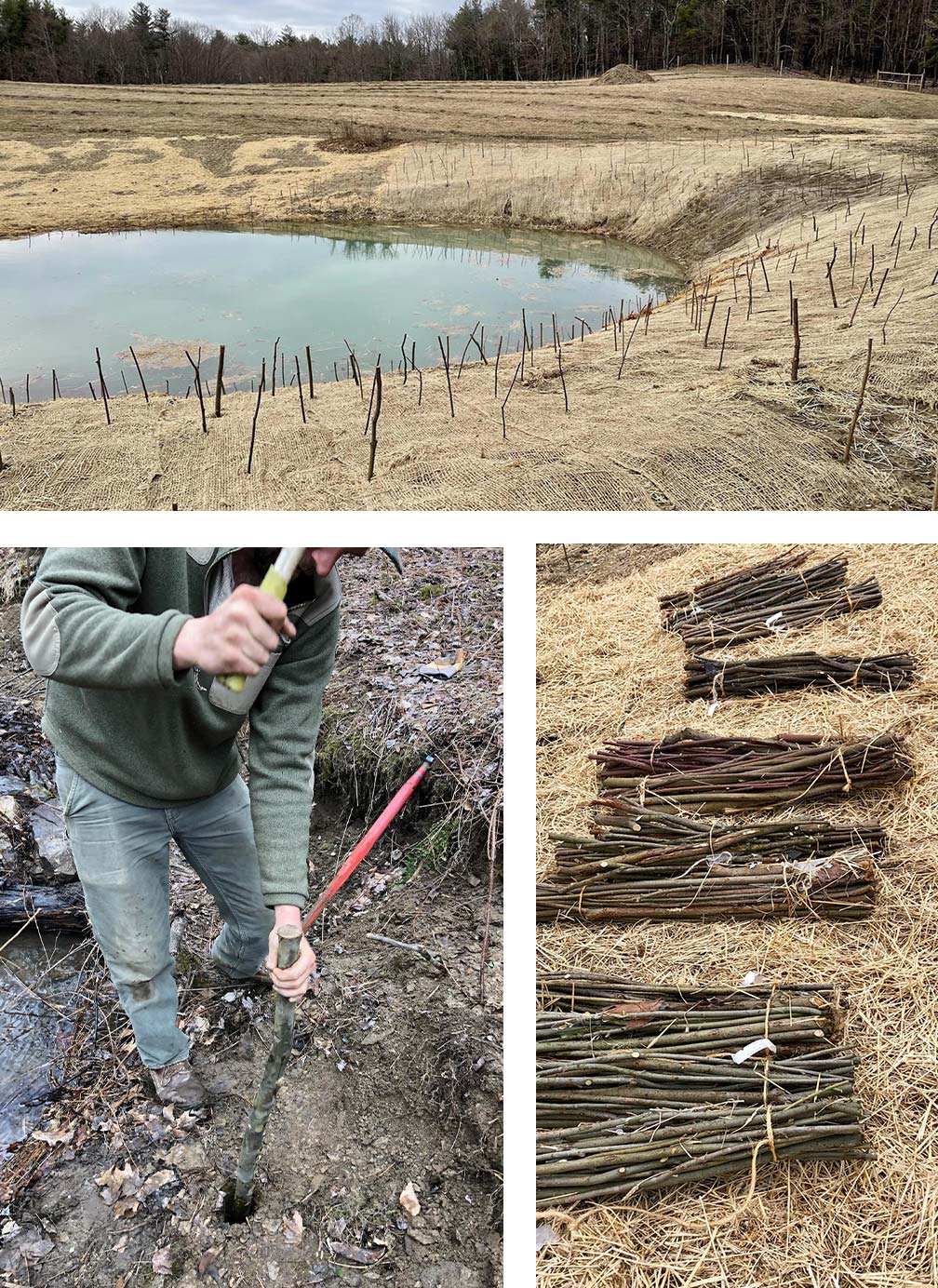
Cuttings & Live Stakes
Cuttings of live branches are an easy and cost-effective way of planting many species of trees and shrubs, especially in areas that are too steep or wet for mechanical equipment. This makes them a perfect choice for ecological restoration projects and natural landscaping along ponds, streams, and wetlands. They are also a very cost effective way of retaking areas that have become overgrown with invasives to to past disturbance.

